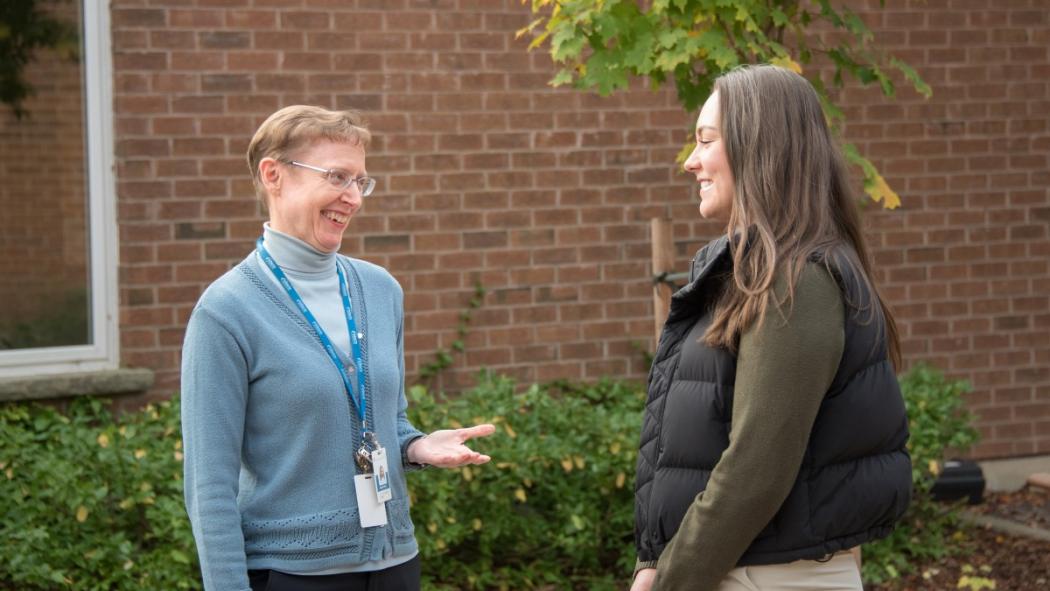
A new London Health Sciences Centre Research Institute (LHSCRI) study published in PLOS Mental Health shows the long-term effectiveness of a personalized, flexible, and evidence-based treatment approach to mood and anxiety disorders in young adults pioneered in London, Ontario.
The First Episode Mood and Anxiety Program (FEMAP) at London Health Sciences Centre (LHSC) has been delivering mental health interventions for young adults ages 16-25 for more than 15 years. The program uses a unique shared decision-making model that empowers patients as active participants in their care, adapting to their individual developmental needs.
“In order to help young people manage mood and anxiety disorders, it’s important to build their ability to set and achieve goals for themselves, and overcome obstacles,” explains Dr. Elizabeth Osuch, Scientist at LHSCRI and Medical Director at FEMAP. “In this study, we wanted to assess whether our model leads to long-term improvements in patient outcomes, understand who it works for, and describe the mechanism by which it helps people recover.”
The study included 449 patients from FEMAP who were followed for one to two years after treatment began through a series of interviews and questionnaires. The study found that FEMAP patients improved in functioning, had reduced severity of symptoms, improved quality of life and were satisfied with their care. Functional impairment, depression, anxiety and quality of life were all significantly improved by the treatment. The data suggests that the mechanism by which this improvement occurred was a growth in personal agency and ability to problem solve, which are important factors in managing mood and anxiety disorders. Patients identified being engaged in shared decision-making around their care as essential for their recovery and overcoming ongoing disruptions caused by mood and anxiety disorders.
Sidney Robertson was a patient at FEMAP nearly 10 years ago when she was a university student. She was drawn to the idea of group therapy after experiencing a family trauma and trying other treatment services. Her outcomes were included in the research data.
“I was struggling with depression and anxiety but didn’t have any tools or resources to really navigate those feelings, and substance abuse is how I was numbing my pain. I was quickly becoming a version of myself I didn’t recognize,” she says. “It was through FEMAP that I was able to move on from those feelings and gain the tools and resources within the community to start to feel like myself again and get back on track.”
She adds that sharing with others with similar experiences and learning to communicate feelings and emotions allowed her to manage her symptoms more productively.
“The idea is to adjust treatment to the needs of the patient. Clinicians need to have the experience and adaptability to know when a treatment tool is working, when it’s not and when to change gears,” Dr. Osuch explains.
With numerous previous studies demonstrating the preliminary treatment and cost effectiveness of FEMAP, this research study was designed to demonstrate its long-term effectiveness. Looking forward, Dr. Osuch hopes her research will inspire others to both better understand the model and replicate it at other centres so that young people with common mental health challenges are better able to get the help they need.
This study was funded in part by Children’s Health Foundation, London Health Sciences Foundation, St. Joseph’s Health Care Foundation, the Academic Medical Organization of Southwestern Ontario (AMOSO) and the Canadian Depression Research and Intervention Network (CDRIN).
